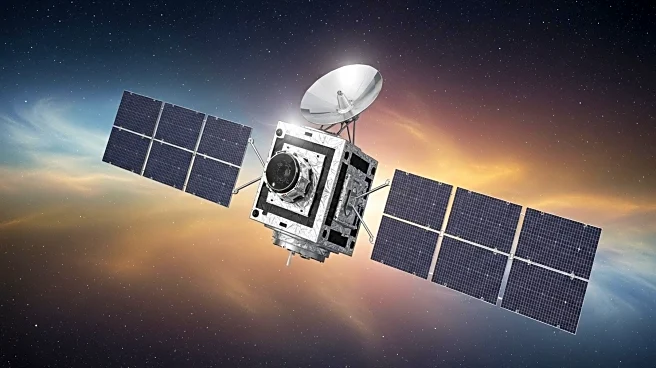What's Happening?
The Trump administration has decided to cut funding for satellite instruments that track Earth's carbon dioxide levels and monitor water contamination and air pollution. These cuts are part of a broader effort to focus on weather-only instruments, as outlined in budget documents. The decision has sparked concern among scientists who argue that the distinction between weather and climate is artificial and that losing climate data will negatively impact weather forecasting. The National Oceanic and Atmospheric Administration (NOAA) is prioritizing next-generation weather and Earth observation capabilities, but the cuts have raised alarms about the future of climate research.
Why It's Important?
The cuts could hinder the ability to accurately predict weather patterns and understand climate change's impact on extreme weather events. Satellite data is crucial for both weather forecasting and climate science, and the loss of these instruments may lead to gaps in data that are difficult to replace. The decision reflects a broader political debate over the role of government in climate research and the prioritization of resources. The potential long-term consequences include reduced preparedness for climate-related disasters and a diminished capacity to address environmental challenges.
What's Next?
The scientific community is likely to continue advocating for the importance of climate data in weather forecasting. There may be efforts to secure alternative funding sources or partnerships to maintain critical satellite observations. The decision could also influence future policy discussions and budget allocations related to climate research and environmental monitoring.









